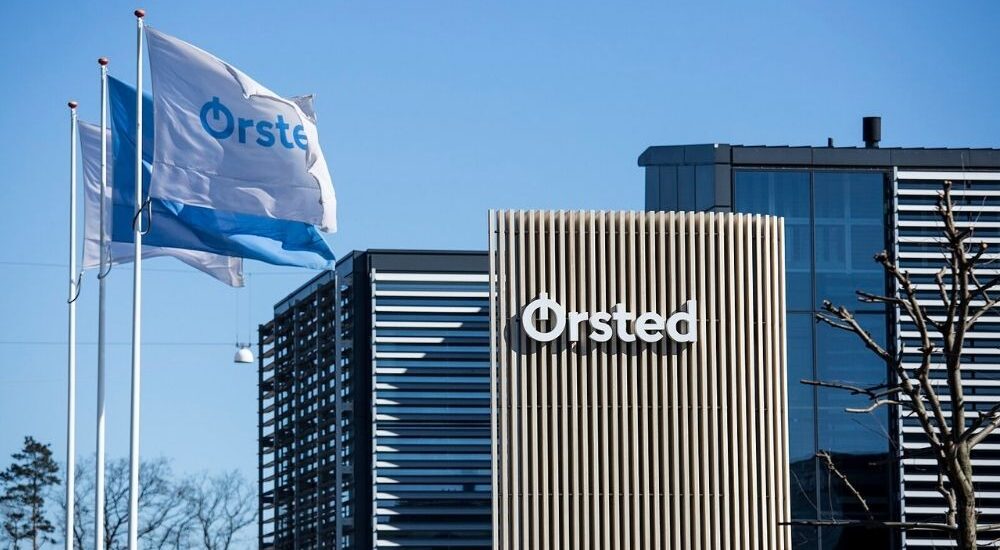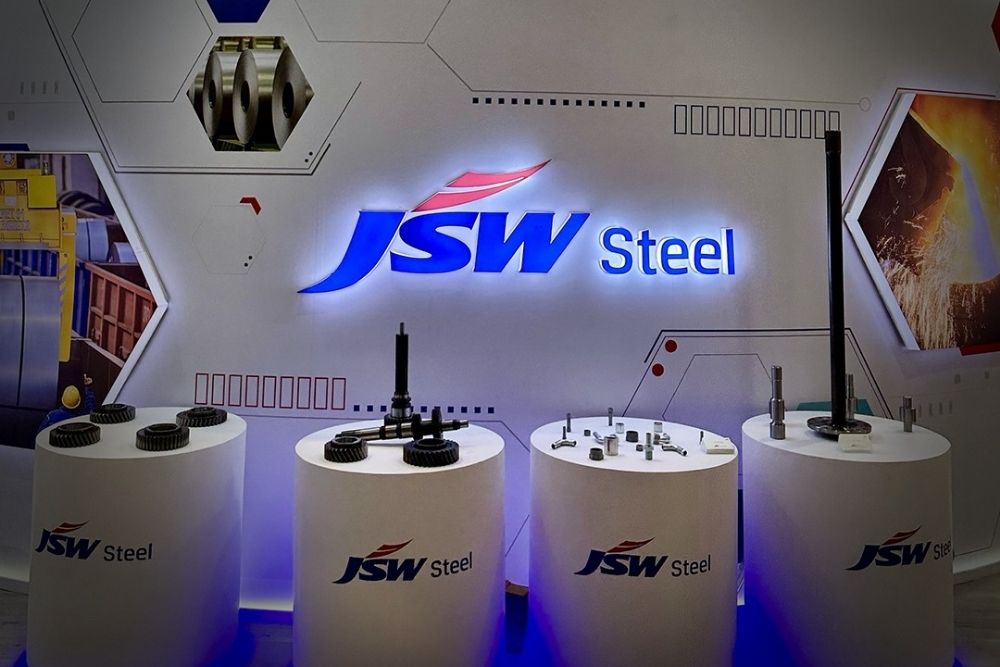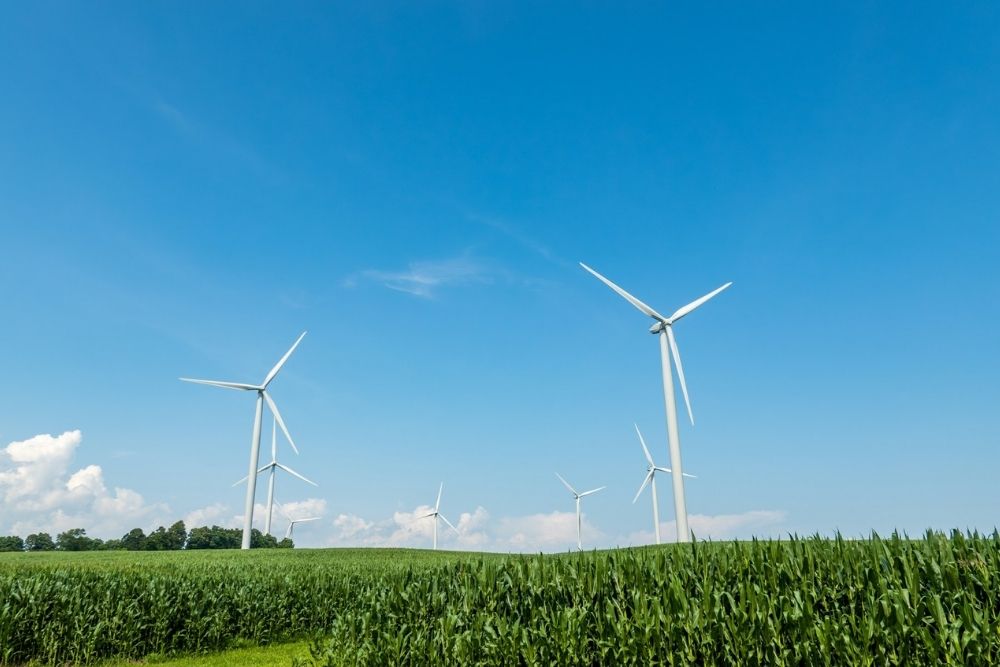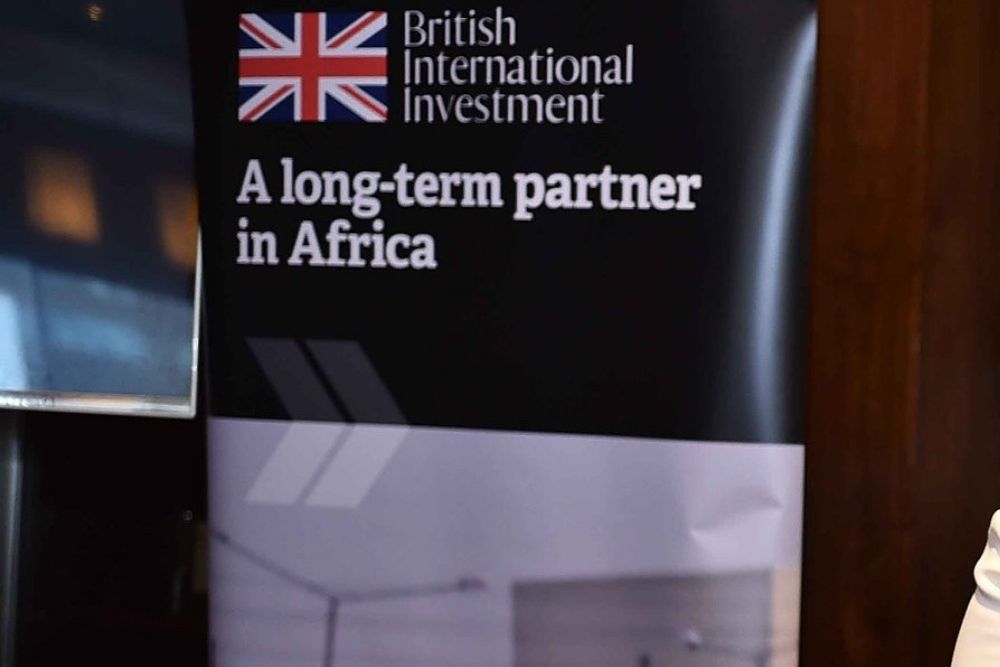U.S. wind energy sector fears ripple effects of Orsted’s financial woes
- September 11, 2023
- Posted by: Quatro Strategies
- Categories: ESG & Renewable Energy, United States

The world’s largest offshore wind farm developer, Denmark’s Orsted, recently saw a 31% plunge in its value due to $2.3 billion in impairments related to supply delays, high interest rates, and a lack of new tax credits in the US. This has significant implications for the entire offshore wind industry in the US, which is seen as a critical part of the country’s effort to combat climate change.
President Joe Biden’s administration aims to deploy 30,000 megawatts (MW) of offshore wind by 2030, but the industry is facing a series of challenges:
- Inflation: The COVID-19 pandemic disrupted supply chains and increased the cost of equipment and labor, making new offshore wind projects significantly more expensive than initially projected. Developers had hoped for steep cost declines similar to those seen in onshore wind, solar, and batteries over the past decade. Instead, steep cost increases have disrupted project financing and development, leading to potential contract renegotiations and higher costs for consumers.
- Interest Rates: As the US Federal Reserve raised interest rates to combat inflation, financing costs for offshore wind projects increased. Many contracts lack mechanisms for adjusting to higher interest rates or costs. Some developers have opted to pay to terminate contracts rather than proceed with projects that could yield years of losses or low returns.
- Insufficient Subsidies: While the US government has passed the Inflation Reduction Act (IRA) to incentivize clean energy projects, the offshore wind industry has found these incentives lacking. Developers argue that bonus incentives for using domestic materials and locating projects in disadvantaged communities are difficult to secure but crucial for making projects financially viable in a high-cost environment.
Developers, including Equinor, Engie, and EDP Renewables, are pressing officials to revise the requirements for these subsidies, warning that failing to do so could result in lost jobs and investments in the offshore wind sector.
The challenges faced by Orsted and the broader offshore wind industry highlight the complexities and uncertainties that can arise when scaling up renewable energy projects, especially in regions where the industry is still emerging. Balancing the need for clean energy with the practical challenges of supply chains, financing, and subsidies is a critical task for policymakers and industry stakeholders as they work towards a sustainable energy transition.
Interested in learning more?
Sign up for Top Insights Today

Top Insights Today delivers the latest insights straight to your inbox.
You will get daily industry insights on
Oil & Gas, Rare Earths & Commodities, Mining & Metals, EVs & Battery Technology, ESG & Renewable Energy, AI & Semiconductors, Aerospace & Defense, Sanctions & Regulation, Business & Politics.


